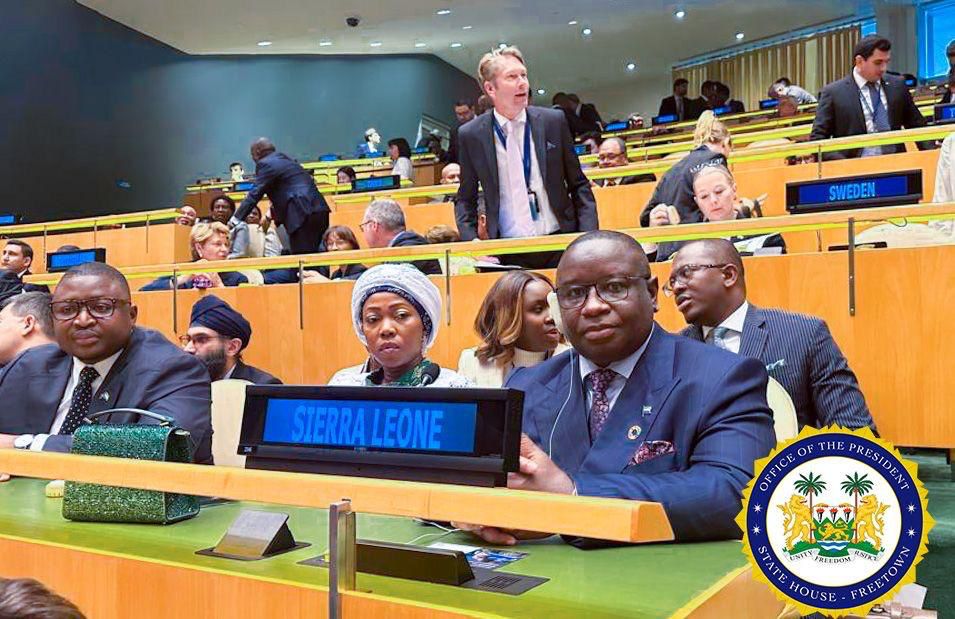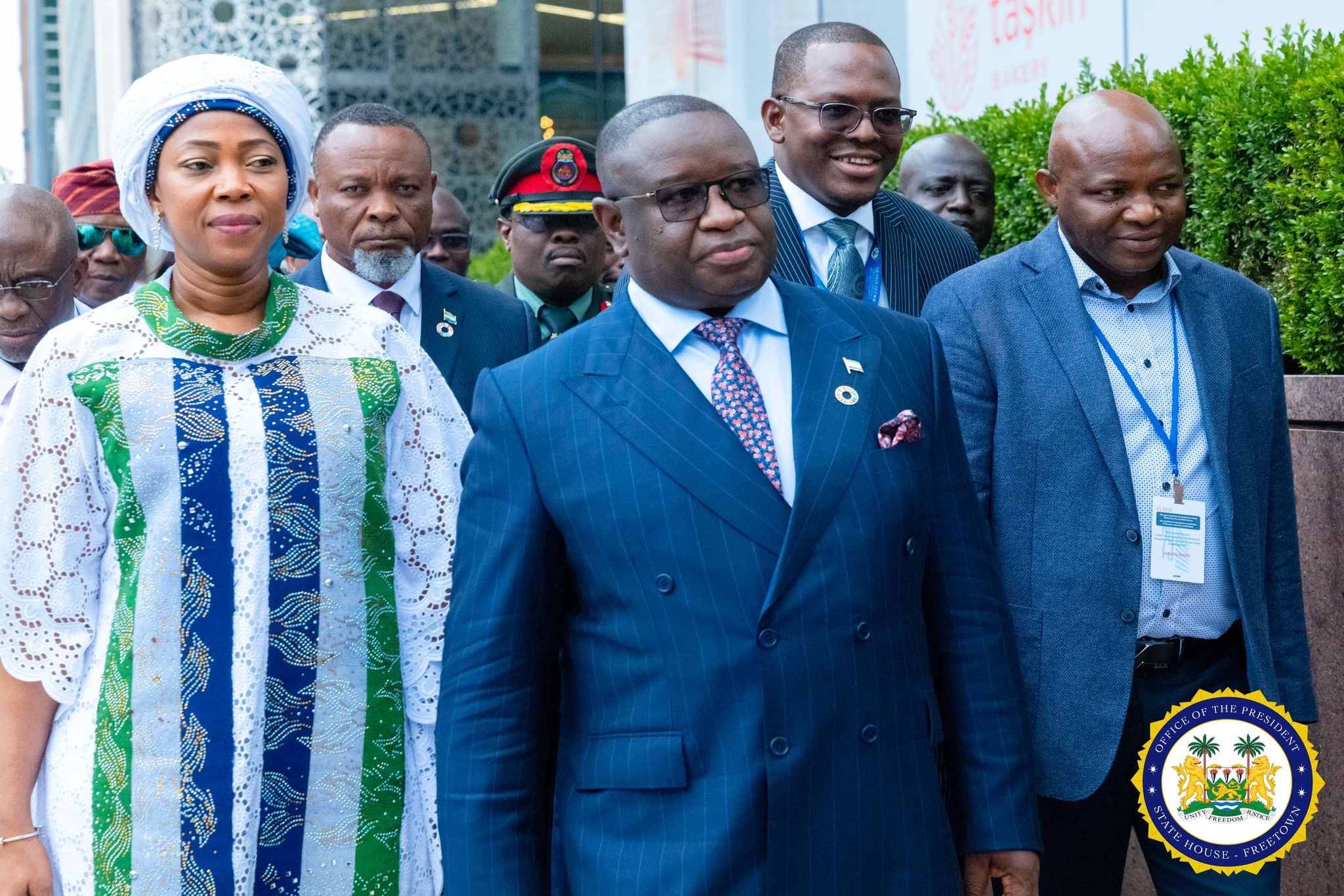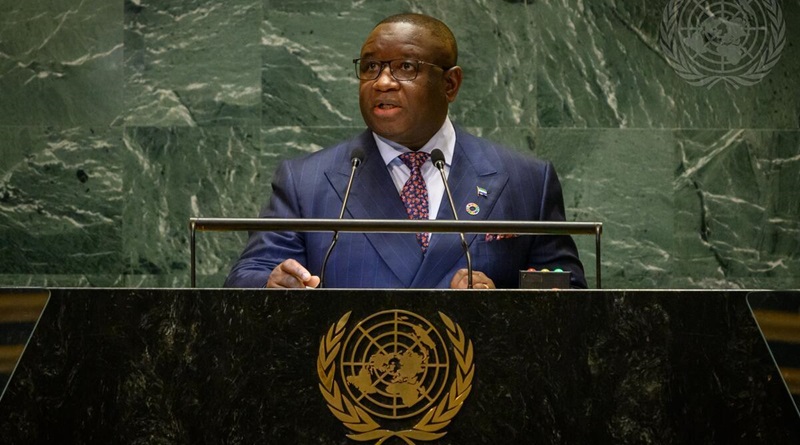President Julius Maada Bio called for urgent reforms to the UN Security Council, advocating for Africa’s rightful place in the global peace and security architecture.
As the Coordinator of the African Union’s Committee of Ten (C-10) on Security Council Reform, President Bio led a robust plea for the continent to be prioritized with two permanent seats, including veto power, and two additional non-permanent seats on the council.
Highlighting the Security Council’s current structure as outdated and unjust, particularly toward Africa, President Bio emphasized that the status quo does not reflect the realities of today’s world. “The Security Council has been stuck in time. Its imbalanced composition is unjust and at odds with current realities, undermining its legitimacy and effectiveness,” he stated. He argued that Africa’s long-standing exclusion from permanent representation is a historical wrong that weakens the council’s ability to address global crises equitably.

Calling for collective action to rectify this disparity, President Bio underscored that African voices must be fully represented in global decision-making processes, especially as many of the world’s most pressing peace and security challenges affect the continent. He reiterated the African Union’s demand for reform, urging the international community to back this call for a more inclusive and equitable Security Council that reflects the diversity of the modern world.
Beyond the need for reform, President Bio used his platform to advocate for ceasefires in ongoing global conflicts. He urged the international community to intensify its efforts to address the crises in Gaza, Sudan, and Ukraine, while promoting support for African-led peace initiatives, particularly in conflict-affected regions like the Sahel.

“The world is at a critical juncture, and we must act with unity and resolve to end conflicts that continue to claim innocent lives,” President Bio declared. He stressed that peace and security cannot be achieved without addressing the root causes of conflict and ensuring that all regions of the world are represented fairly in the highest levels of decision-making.
President Bio’s speech marks a pivotal moment in Sierra Leone’s leadership on the global stage, as the country serves its second tenure as an elected member of the UN Security Council. His call for reform not only reinforces Africa’s central role in the future of global governance but also advocates for an end to violence and the promotion of peace through multilateral cooperation.











